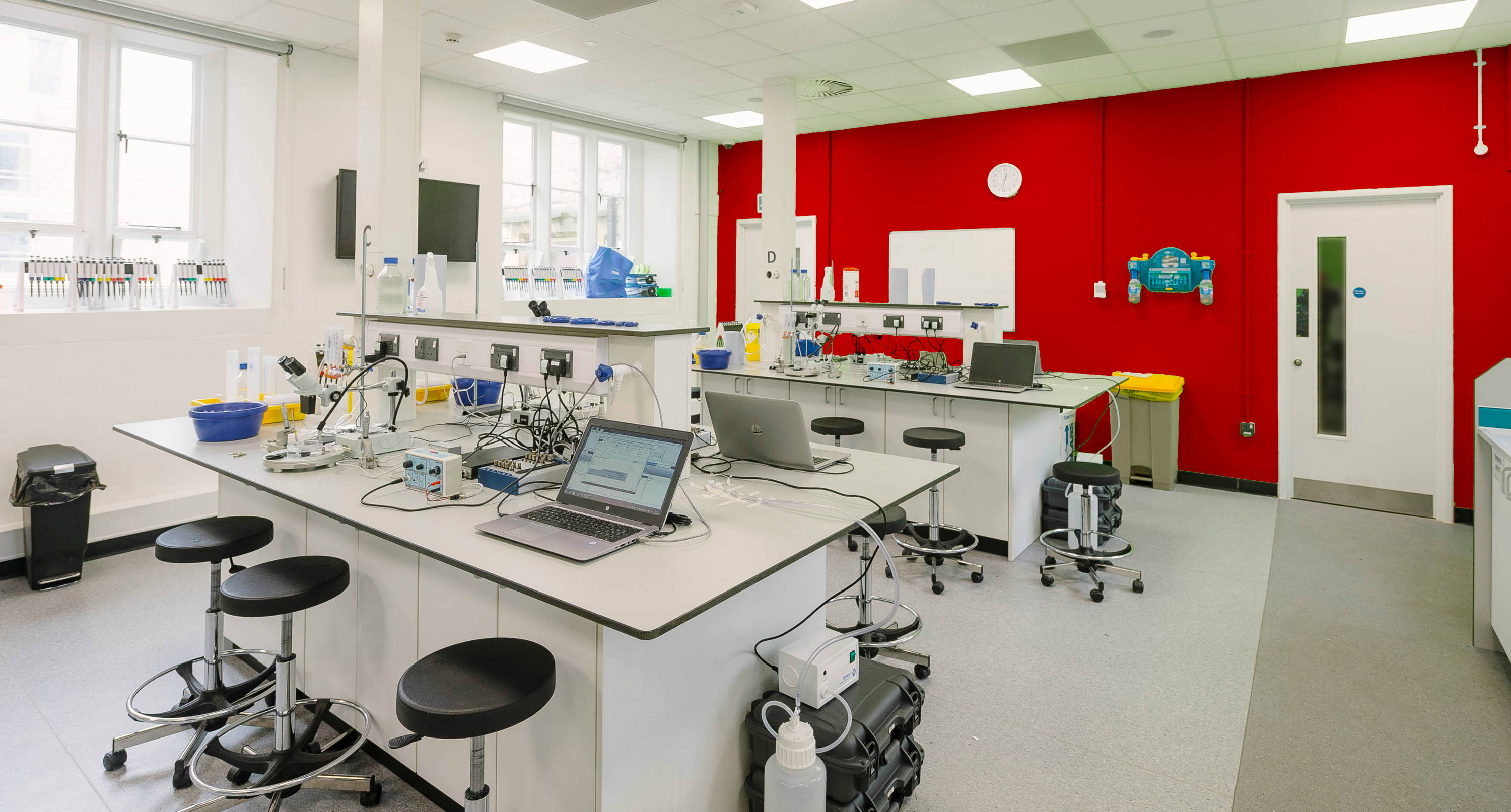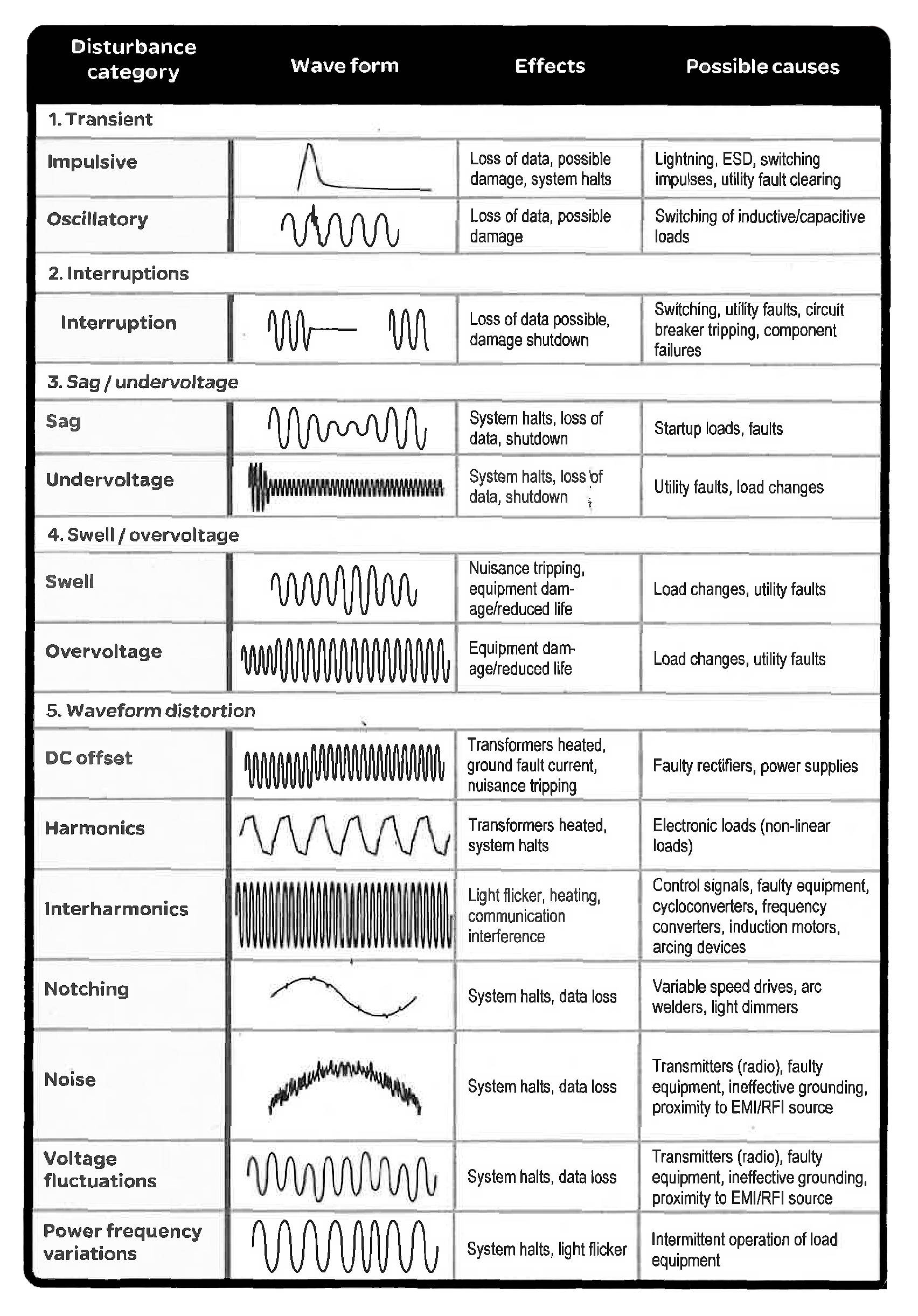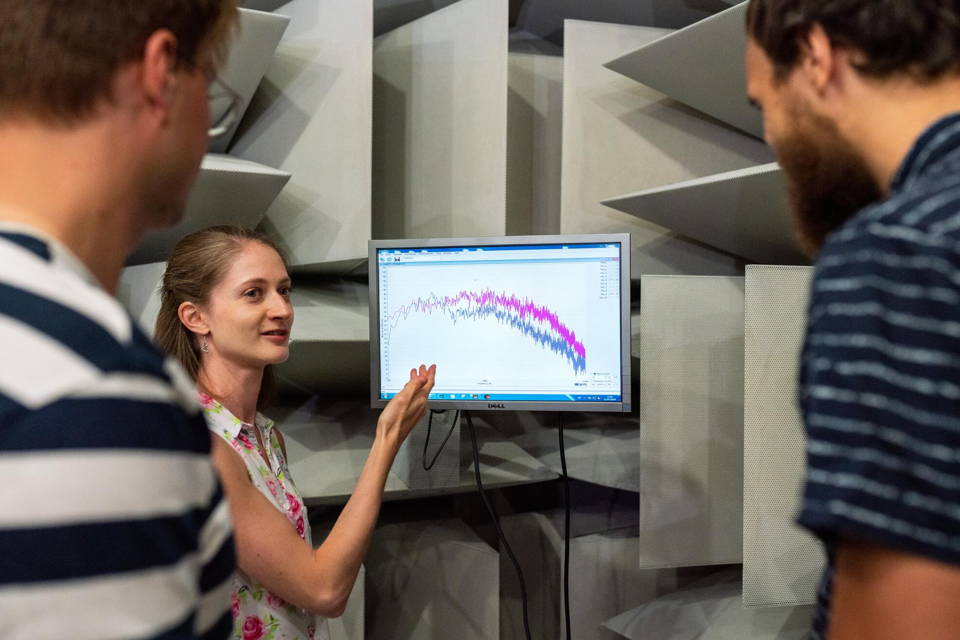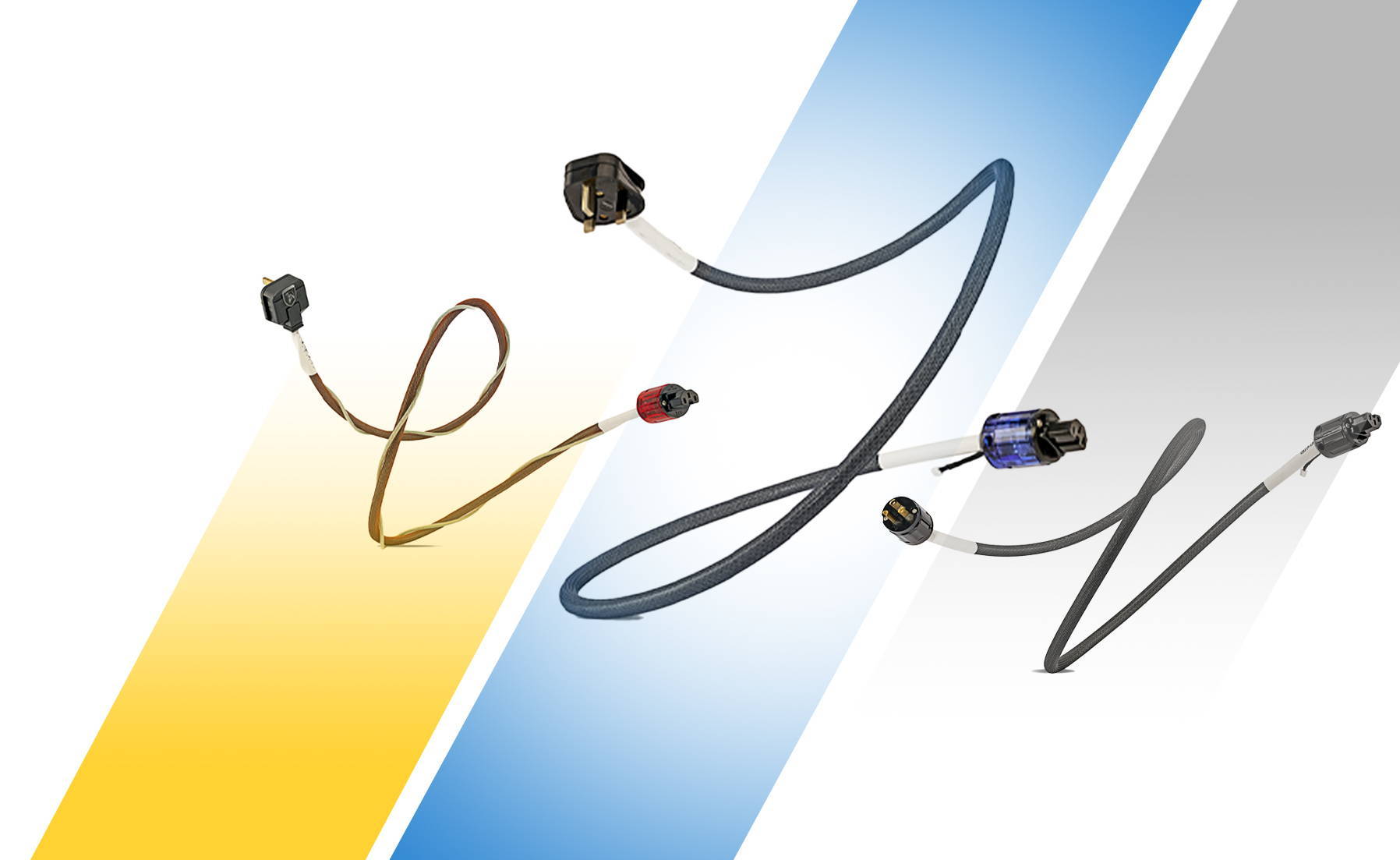
Proven To Make The Difference
In a collaboration project in partner with the esteemed Queens University, we sent out to fully investigate the facts surrounding power conditioning and the need for better mains technology to be utilised within HiFi systems.
Queen's University Belfast, officially the Queen's University of Belfast, is a public research university in Belfast, Northern Ireland, United Kingdom. The university received its charter in 1845 as Queen's College, Belfast and opened four years later, together with University of Galway and University College Cork
Why Did We Conduct Testing?
Seeing is believing, but in the HiFi industry that should be considered, 'Hearing is believing'. Many audiophiles are aware of mains technology, however don't fully understand the sonic benefits and its purpose within high-end systems.
Unlike other manufactures, we don't just expect you to take our word for it so we partnered with Northern Ireland's leading institute, Queen's University to prove the positive effects our products have when in use and when put up against the competition.

Testing Conducted within the Technology Centre
Through the combined analysis of DGR Group and Queen's University, three core investigations were carried out throughout the duration of testing to clarify the significant differences which can be identified when comparing Titan Audio branded cables to that of standardised mains cables and competitor brands.

Mains Dips and Transients
A reduced voltage dip and fast transient (compared to CE requirements) were imposed on the electrical mains supply cordset connected to a high precision amplifier and speaker


Radio Frequency Current Injection
A radio frequency carrier varied in steps from 100kHz to 80MHz with a 1kHz amplitude
modulated interference signal was injected into the mains cables using a single turn
transformer with the resultant voltage at the speaker measured by oscilloscope


Injection of Audio Interference
Sinewaves from 20Hz to 20kHz were direct injected into the electrical mains supply
cordset connected to a high precision amplifier using a E46M3 coupler/decoupler with the amplifier output displayed on an oscilloscope.

Mains Disturbance Chart
While some audiophiles are still sceptical of the need for Mains Conditioning, its clear to see the reasons why our products focus on improving the mains supply flowing into your system. All listeners are plagued with at least one of these disturbances, with the vast majority suffering from a combination. Take a look at the chart to better understand what your mains might be dealing with.
Our products were not designed to be an accessory that is added once your 'perfect' system is complete. They instead are specifically designed to be the foundation in which your system can be built off. Regardless of the level of your equipment, it will suffer from at least one disturbance when using standardised cabling. That means that you never truly get to experience the full, optimal output from your components because the true source of your entire setup is disrupted with mains interference.

“Testing with Queen's University Belfast helped us explore a range of different approaches, technologies and techniques to fully evaluate the best way for us to improve sound quality in systems through mains conditioning."
The Results
Noise Reduction
Higher reduction in all noise disturbances than standard and competitor products
Tighter Response
Faster, stronger signal strength for more accurate sound reproduction
Superior Isolation
Providing better protection from interference, resulting in better sound
Deeper Bass
Greater response resulting in more impactful and present bass
- Greater Safety
Overall higher safety levels giving customers that extra security
Broader Dynamics
Wider frequency range ensuring you hear every detail

1/3
Resistance in Cabling
Our cables provide 66% more power than competitor products

1/2
Impedance in Blocks
Our mains distribution blocks have half the impedance than others

Conclusion
Pairing the research conducted with our own prototyping techniques, we were able to conclude the necessity for proper mains conditioning in HiFi systems to achieve optimal listening results.
While this investigation helped to verify our insights, it also provided a true outlook into the quality and safety of our products. This testing was conducted alongside standardised and competitor products which compared several aspects of the design and construction. We were proud to have our efforts recognised within this report to show the quality of our products and designs.
Overall, we have glad to have this information has a platform to build off and continue our efforts in allowing systems to reach their full potential. We would like to thank everyone involved within Queen's University Belfast for making this collaboration possible.
Continue the Journey

